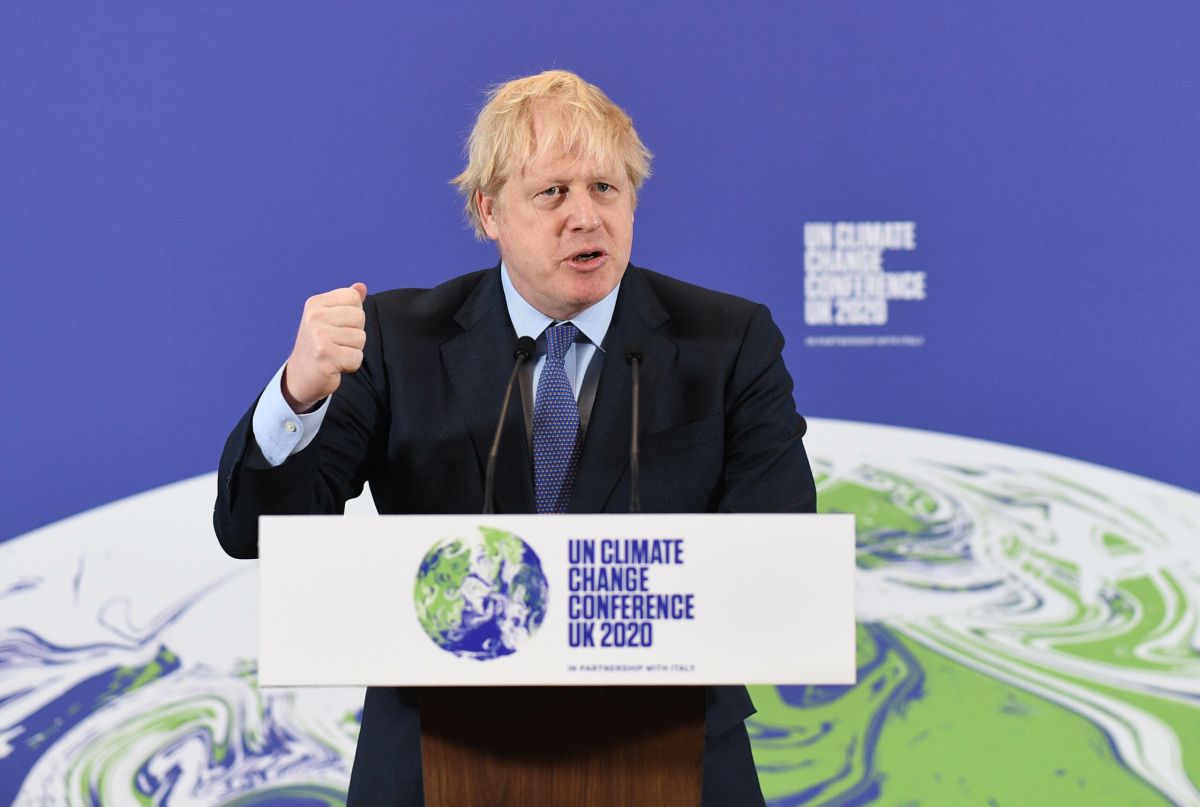“It’s a Fair COP” – Considerations on the COP26 Summit

Words by Max Earnshaw
Many people would be forgiven for thinking, with COVID-19 still regrettably part of our lives, that one existential threat for humanity was enough. However, if you’ve been online, turned on the TV, checked twitter or picked up a newspaper recently, then you’ve almost certainly seen talk about the COP26 Summit. At time of publication, it is drawing to a close after 2 weeks in Glasgow.
My natural reaction to such an event, where several hundred people arrive in private jets to talk about how terrible emissions are, is one of cynicism. However, I’m by no means an expert on this topic.
Thus, I sought the far more credible opinion of Dr Paul Tobin, a Senior Lecturer in Politics at the University of Manchester, who specialises in environmental politics and policy. I hoped he would help me realise whether my tutting and eye rolling, coupled with my genuine fear that nowhere near enough is being done to stave off the serious threat of climate change in my lifetime, was justified.
Starting with the basics, then. What actually is the COP26? Is it, as Jeremy Corbyn put it, just a conference for “weak politicians”, where there is much talk but little action? According to Dr Tobin, not exactly. “It’s officially part of a framework – it’s intended to be like scaffolding that guides other activities” he explains. He added that that framework is run by the UN.
Corbyn running his own ‘alternative’ COP in Glasgow simultaneously, as well as events run by the inter-religious group ‘Faith for the Climate’, including one here in Manchester, in the run up to COP is actually to the event’s credit. Without the actual COP, would such events be happening? Any event pushing climate change up the political agenda is integral at this stage. This has never been more starkly spelt out than by a UN report from earlier this year, stating bleakly that without sufficient action, parts of the world could become uninhabitable by the end of this century.
‘COPs haven’t been effective enough, but they’re also just one aspect of global efforts to deal with climate change.’ Dr Tobin explains.
It is clear that by demonstrating a real appetite to engage with the COP, we can all show that we will not accept inaction from those with the power to create change.
So if the COP seeks to push climate change up the policy agenda, what exactly does it demand? According to the event’s President, Conservative MP Alok Sharma, the most pressing aim is to keep global temperature increase below 1.5 degrees Celsius when compared with pre-industrial levels. This aim, whilst requiring ‘radical engagement’ from all countries represented at the COP, is ‘feasible and necessary’, according to Dr Tobin. He warns that not to act ‘will cost much more’.
It was during this part of our discussion that my aforementioned cynicism once again began to rear its ugly head. The UK Government should genuinely be commended for their agreement to host this summit and drive the discussion on the climate crisis. However, the fact that 40 Tory MPs have backed plans to expand coal mine plants in Cumbria hardly suggests that the tide has been turned against fossil fuels entirely.
Similarly, Alok Sharma was typically evasive when asked if he supported a new oil field that could see 170 million barrels of oil drilled out of the ground – simply claiming that he personally had no power to stop it. Whilst that may technically be true, members of his government such as the Scotland Secretary Alister Jack have declared that it must go ahead.
Politicians must ‘go beyond symbolic speeches, and create ambitious, comprehensive policies – with no more fossil fuels’ Dr Tobin warns when I raise this point with him. Whether they will make such policies or not certainly remains to be seen. These examples don’t exactly restore my faith in the creation of those necessary policies.
Indeed, this worry is not something I’m alone in. A phenomenon known as ‘climate anxiety’ has been on the rise in young people particularly. Medical and scientific journals such as Lancet and Nature chronicle a feeling of powerlessness and fear in many 16–25-year-olds.
I know myself that in pubs and clubs in and around Manchester, single-use plastic cups are thrown away in their thousands every weekend. Seeing this happen has made me anxious on nights out. Similarly, the regular bombardment of news predicting troubling consequences of the climate emergency often leaves me feeling concerned and helpless.
Dr Tobin says that his own way of mitigating climate anxiety is by acknowledging that ‘playing a small, small part gives me a sense of hope and meaning when I’m feeling low’. He emphasises that ‘every half a degree of temperature increase makes the situation dramatically worse’, and explains that no action is wasted. Even if the root cause of climate change does lie with a handful of major corporations.
So, what can we be doing as students? ‘It’s not for me to say’ how students should respond, insists Dr Tobin when I put this question to him. He is an academic after all, with a certain reputation to uphold. However, he also reminds us that: ‘climate change is political.’ So, when I see rallies taking place across the UK – including in Manchester – on the Global Day of Action for Climate Justice on November 6th, I feel heartened that we are fighting back.
Whilst the COP is an undoubtedly important part of the jigsaw when overcoming the threat posed by climate change, it is clear that many of these politicians do need their minds refocused by collective public action. Even though we may be ok with burning Guy Fawkes on the 5th of November, we showed that we are not quite so happy burning the planet on the 6th.







